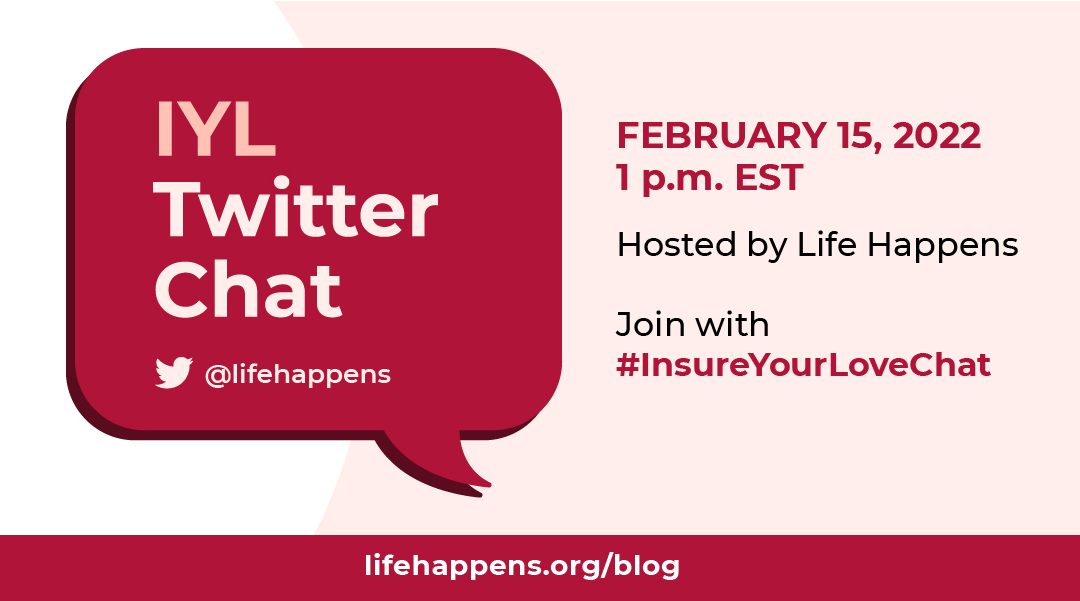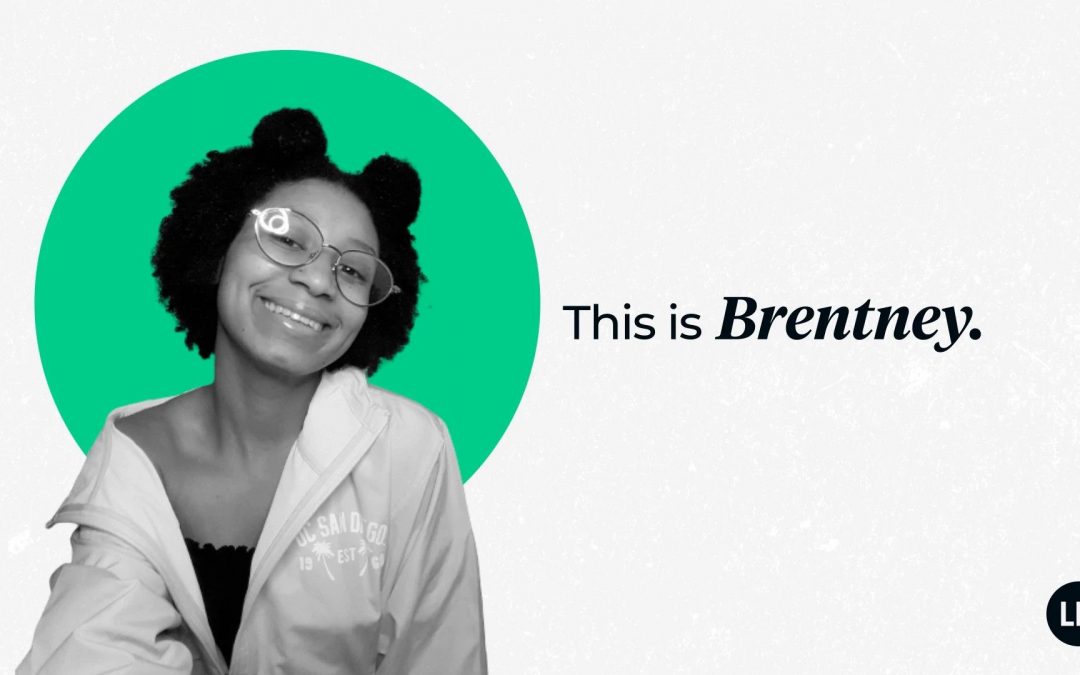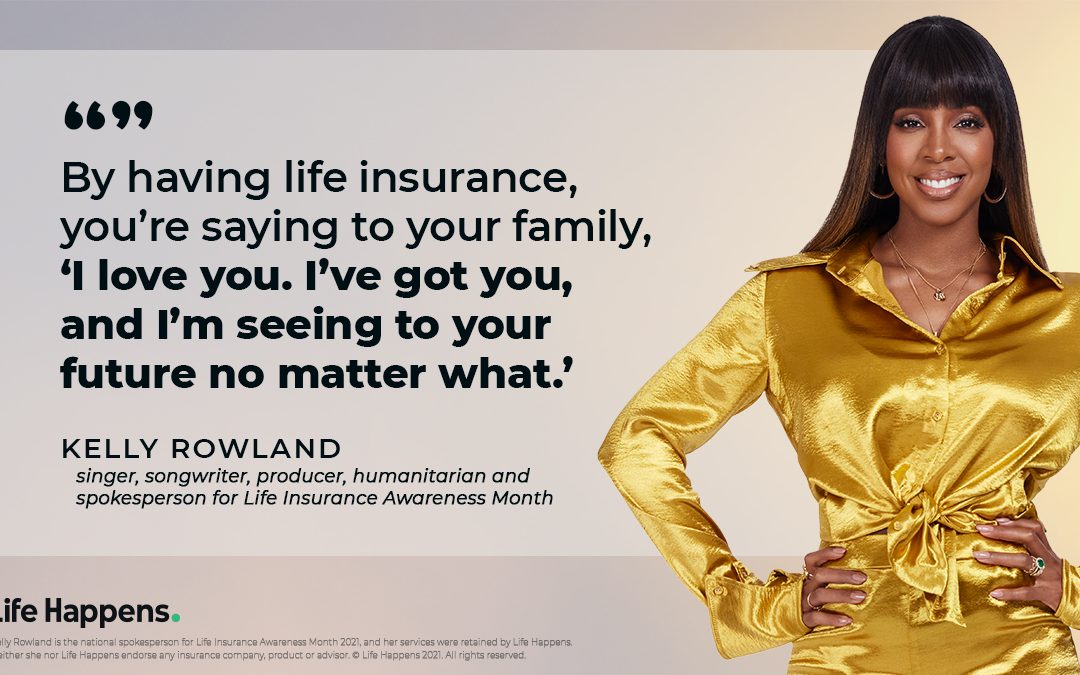
How Life Insurance Can Help You Build Multi-Generational Wealth for Your Family
Over the past two years, COVID-19 has killed Black Americans at a faster rate than any other demographic. And yet, there are still at least 20 million individuals in the Black community without adequate life insurance coverage, according to the 2021 Insurance Barometer Study conducted by LIMRA and Life Happens.
The benefits of using life insurance as a tool to create multi-generational wealth—while ensuring your loved ones can move forward financially after your passing—can be priceless. Here are some of the most common methods:
1. The proceeds from your life insurance are typically tax-free.
Typically, people who receive the money from a life insurance policy don’t have to pay tax on it, as the proceeds generally are not counted in calculating your gross income. (Any interest the policy receives, however, would be subject to taxation.) The inheritance of these funds in a tax-free manner could help catapult your family to a different economic status.
2. Your policy can ensure your child’s education.
Having a life insurance policy in place in case you were to die prematurely is critical when your children are young. While it ensures that ongoing living expenses are taken care of, it can also keep the dream of a college education for your kids alive. Many parents opt for a term life insurance policy during these years, as it is an affordable way to get a large amount of coverage. And typically, that larger need ends when the children graduate.
A lesser-known benefit of permanent life insurance is that it can also help with college costs while you are alive. In addition to the death benefit, it also accumulates cash value over time. And you can tap that money in the future for whatever you want, such as to help with college costs. (Just keep in mind that the death benefit would be reduced by the amount you tapped that you don’t repay.)
3. You can weather a financial emergency with cash value.
Speaking of cash value, there are other important ways it can be used.
In the event of an emergency—which could range from medical bills to helping your small business stay afloat financially—you can take out a loan against your permanent policy (as mentioned in point two). While you’d be charged interest, it’s usually lower than what’s charged by other lenders. And access is much easier than getting a traditional loan since the money is already there in your policy acting as collateral.
4. You could use the accelerated death benefits to provide for you and your family before you pass.
Terminal illnesses can take a huge toll on family finances. Medical bills are one of the leading causes of financial ruin, with more than 50 percent of Americans struggling to repay medical debt.
If you were faced with a terminal illness, and your life insurance policy has an accelerated death benefit, you could access the money in the policy while you’re living for things like medical bills, cost of care, or even to take a dream vacation with your family. Any remaining death benefit would still go to your chosen beneficiaries after you die.
Watch the Wachtels’ story for a look at how the accelerated death benefit helped them after Don was diagnosed with an inoperable brain tumor. It allowed Tonia Wachtel to take a leave of absence from her job so she could care for her husband at home before he passed.
Purchasing a life insurance policy for your family is a straightforward and affordable way to help build wealth and put your loved ones ahead of the curve.
Ready to get started? Calculate an estimate of how much coverage you need by using our Life Insurance Needs Calculator.









